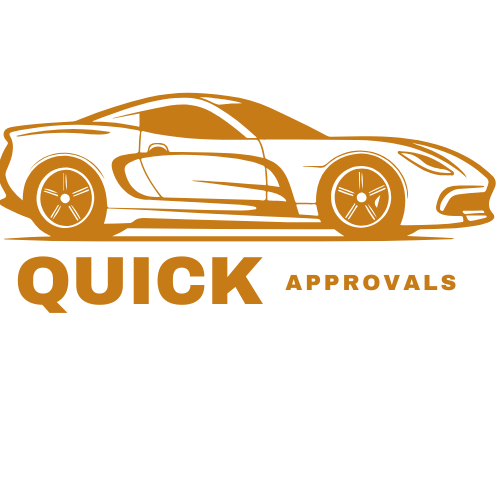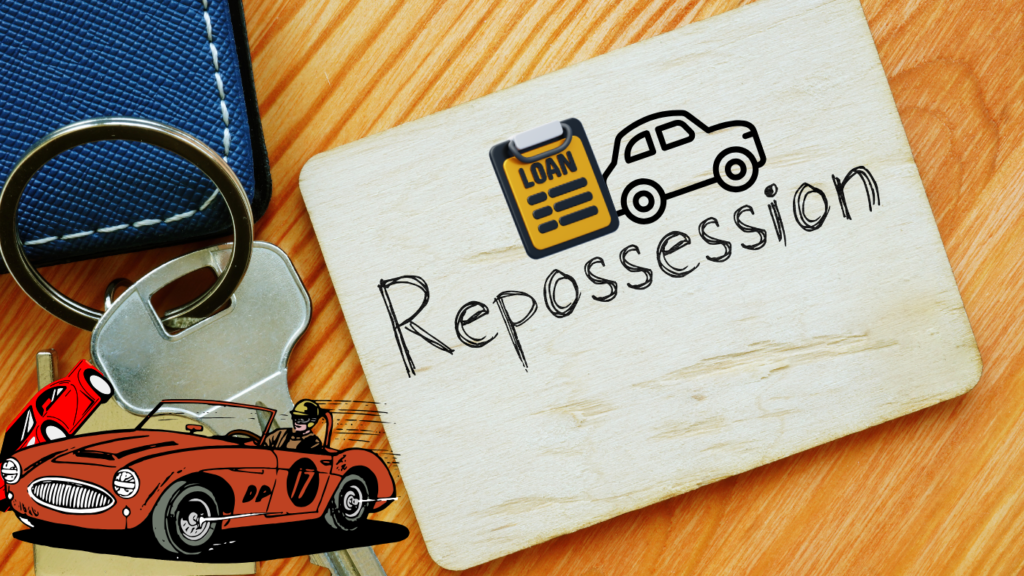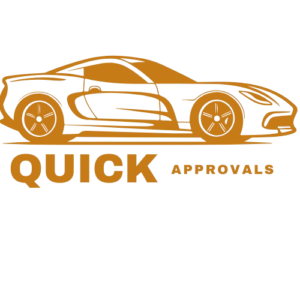Experiencing a vehicle repossession can feel like a major setback, especially when you’re trying to secure financing for a new car in Canada. If you’re asking yourself how to get a car loan after repossession Canada, rest assured that you’re not alone—many Canadians face this challenge every year. Repossession can significantly impact your credit score, making traditional loan approvals more difficult, but it doesn’t mean the road to car ownership is closed. This article provides an in-depth guide to navigating the process, rebuilding your financial standing, and finding lenders willing to work with you. We’ll explore actionable steps, expert insights, and reliable resources to help you succeed. For tailored support, check out Quick Approvals, a trusted resource for Canadians seeking financing solutions. Throughout this guide, we’ll draw on authoritative sources like government and bank websites to ensure you have the most accurate and up-to-date information.
Understanding Repossession and Its Impact on Credit
Repossession happens when a lender takes back a vehicle because the borrower has failed to make payments as agreed. In Canada, this process is regulated by provincial laws, meaning the specifics can differ depending on where you live. For instance, in British Columbia, lenders must provide written notice and an opportunity to catch up on payments before repossessing a vehicle. Once repossessed, the lender may sell the car to recover the unpaid loan balance, and if the sale doesn’t cover the full amount owed, you could be liable for the remaining debt, known as a deficiency balance.
The consequences of repossession extend far beyond losing your vehicle—it leaves a lasting mark on your credit report. A repossession is recorded as a serious delinquency, often dropping your credit score by 100 points or more, depending on your prior credit history. This negative entry remains on your credit report for seven years from the date of the first missed payment that triggered the repossession, significantly affecting your ability to secure new credit, including a car loan after repossession Canada.
- Credit Score Impact: The severity depends on factors like your payment history and existing debt. A lower score signals higher risk to lenders.
- Duration: Seven years is the standard reporting period, but its influence lessens over time if you manage your finances well.
- Lender Perception: Many traditional banks may hesitate to approve loans, pushing you toward alternative financing options.
Understanding this impact is the first step toward recovery. For more details on how credit works in Canada, the Financial Consumer Agency of Canada offers valuable insights into credit reporting and management.
Steps to Rebuild Your Credit After Repossession
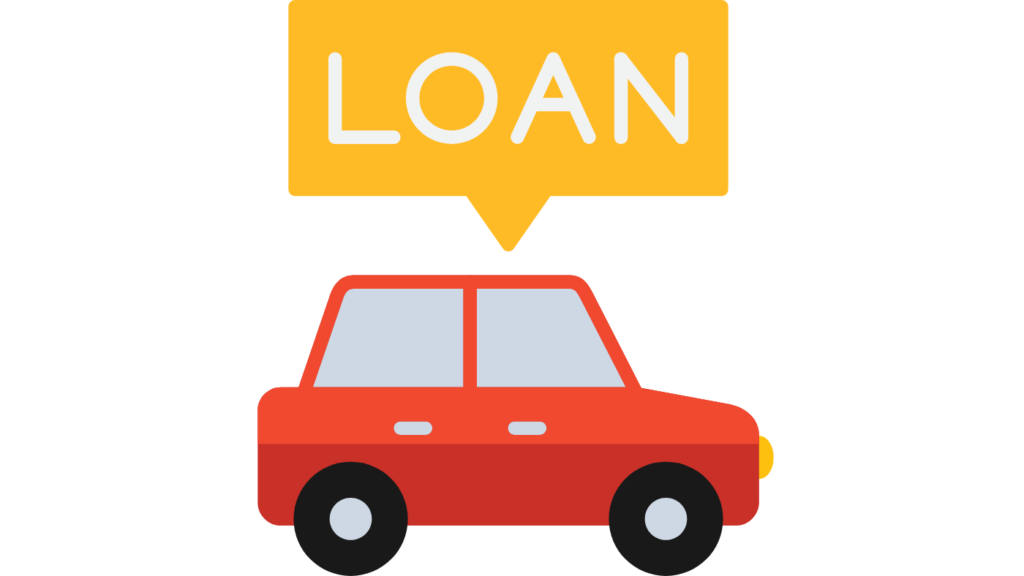
Rebuilding your credit is essential if you’re aiming to answer the question can I get a car loan after repossession Canada with a “yes.” While a repossession leaves a blemish, proactive steps can improve your creditworthiness over time. Here’s how to get started:
- Assess Your Credit Report: Obtain a free copy from Equifax or TransUnion to check for errors. Dispute inaccuracies to ensure your report reflects your true financial situation.
- Pay Bills on Time: Payment history accounts for 35% of your credit score. Set up reminders or automatic payments to avoid missed deadlines.
- Reduce Debt: Lower your credit utilization ratio (the percentage of available credit you’re using) by paying down balances. Aim for below 30% utilization.
- Use Secured Credit: A secured credit card, backed by a cash deposit, allows you to rebuild credit through responsible use.
- Explore Credit Builder Loans: Some institutions offer small loans designed to boost your credit with consistent payments.
These steps require patience—credit improvement doesn’t happen overnight. For example, paying off a $1,000 credit card balance could improve your utilization ratio significantly, signaling reliability to lenders. Over 6-12 months of consistent effort, you might see your score rise enough to qualify for a car loan with bad credit after repossession Canada. Resources like those from the Government of Canada can further guide your financial recovery.
Finding Lenders Who Offer Car Loans After Repossession
Not all lenders view a repossession the same way. While traditional banks might turn you away, others specialize in helping people secure a car loan options after repossession Canada. Knowing where to look can make all the difference:
- Subprime Lenders: These companies focus on borrowers with poor credit, offering loans despite a repossession history. Interest rates are higher, but approval odds improve.
- Buy Here Pay Here Dealerships: These dealers provide in-house financing, often bypassing strict credit checks. Be cautious of high rates and limited vehicle choices.
- Credit Unions: Member-owned institutions may offer more lenient terms than banks, especially if you have a relationship with them.
Some Canadian lenders, like Rifco National Auto Finance, cater specifically to high-risk borrowers, while dealerships like Canada Drives advertise flexible financing. Researching best lenders for car loan after repossession Canada involves comparing rates, terms, and fees. For personalized options, Quick Approvals connects you with lenders who understand your situation.
What to Expect When Applying for a Car Loan After Repossession
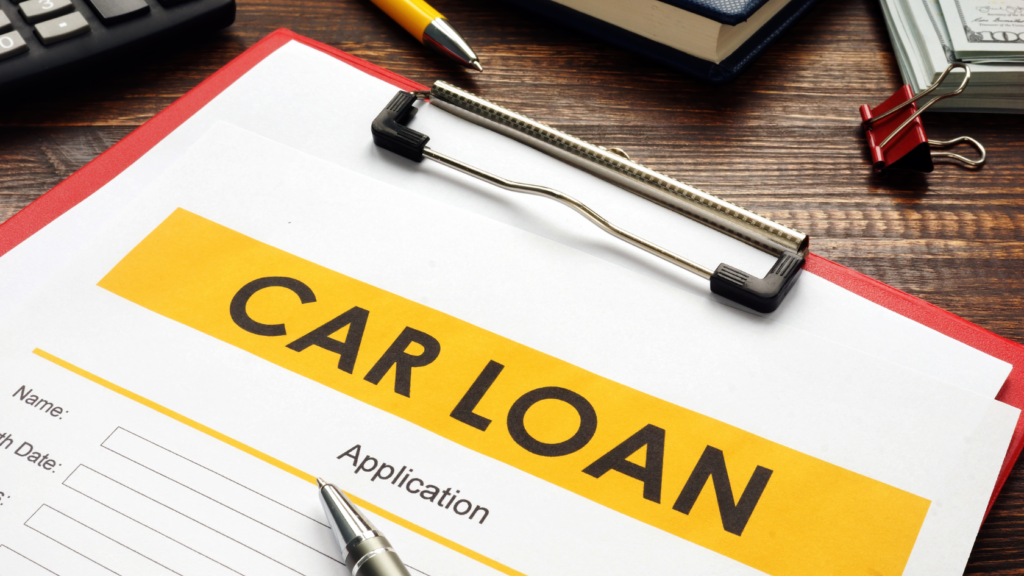
Applying for a car loan after repossession Canada comes with unique challenges. Lenders see you as a risk, so the terms reflect that perception. Here’s what you might encounter:
- Elevated Interest Rates: Rates could range from 15% to 30% or higher, compared to 5-7% for good credit borrowers.
- Bigger Down Payment: Expect to put down 20-30% of the car’s value to reduce the lender’s risk.
- Cosigner Option: A cosigner with strong credit could lower rates and improve approval chances.
- Restricted Choices: Financing might be limited to older or less expensive vehicles.
For instance, a $15,000 car might require a $4,500 down payment and a 20% interest rate, resulting in higher monthly payments. Knowing these factors helps you prepare financially and set realistic expectations when exploring how to get car loan after repossession Canada.
The table below outlines typical loan terms based on credit profiles:
| Credit Status | Interest Rate | Down Payment | Loan Term |
|---|---|---|---|
| Good (700+) | 5-7% | 10% | 60-72 months |
| Poor (below 600) | 15-30% | 20-30% | 36-48 months |
Tips for Securing a Car Loan with Bad Credit
Even with a repossession on your record, strategic planning can boost your odds of approval for a car loan with bad credit after repossession Canada. Consider these practical tips:
- Boost Your Credit: Even a 50-point increase can make a difference. Pay down debts and avoid new credit inquiries.
- Save More: A larger down payment (e.g., $3,000 instead of $1,500) lowers the loan amount and shows commitment.
- Compare Offers: Shop multiple lenders to find the best rate and terms for your situation.
- Add a Cosigner: A trusted friend or family member with good credit can strengthen your application.
- Negotiate Terms: Ask about lowering fees or rates—some lenders are flexible if you prove reliability.
By applying these strategies, you address what are the steps to get a car loan after repossession in Canada and position yourself as a serious borrower, even with a tarnished credit history.
Q&A Section
Here are answers to common questions about securing a car loan post-repossession:
Can I get a car loan after repossession in Canada?
Yes, it’s entirely possible! Specialized lenders, like subprime providers or in-house financing dealerships, often work with those who’ve faced repossession. Improving your credit and offering a substantial down payment can further enhance your chances.
What credit score is needed for car loan after repossession Canada?
No fixed score guarantees approval, but lenders typically prefer scores above 600 for better terms. With a repossession, scores below 600 are common, so focus on subprime lenders who assess more than just your number.
Is it possible to get a car loan after repossession in Canada?
Absolutely. While traditional banks may decline, alternative lenders exist to fill this gap. For example, credit unions or online platforms might approve you with adjusted terms, as outlined earlier.
What is the impact of repossession on getting a car loan in Canada?
Repossession lowers your credit score and signals risk, leading to higher interest rates and stricter conditions. However, its effect fades over time with good financial habits. Check the Financial Consumer Agency of Canada for more on credit impacts.
What are the steps to get a car loan after repossession in Canada?
Start by reviewing your credit report, paying down debts, and saving for a down payment. Then, research lenders specializing in bad credit loans, compare offers, and apply with accurate documentation. Persistence pays off.
Conclusion
Mastering how to get a car loan after repossession Canada involves understanding your credit, rebuilding it diligently, and targeting the right lenders. Repossession may feel like a roadblock, but with the strategies outlined—improving your score, saving for a down payment, and exploring flexible financing—you can regain control of your transportation needs. This journey requires time and effort, but the payoff is worth it: affordable mobility and a stronger financial future. For expert guidance tailored to your situation, visit Quick Approvals. Dive deeper into credit management with resources like the Government of Canada site, and take the first step toward driving again today.
